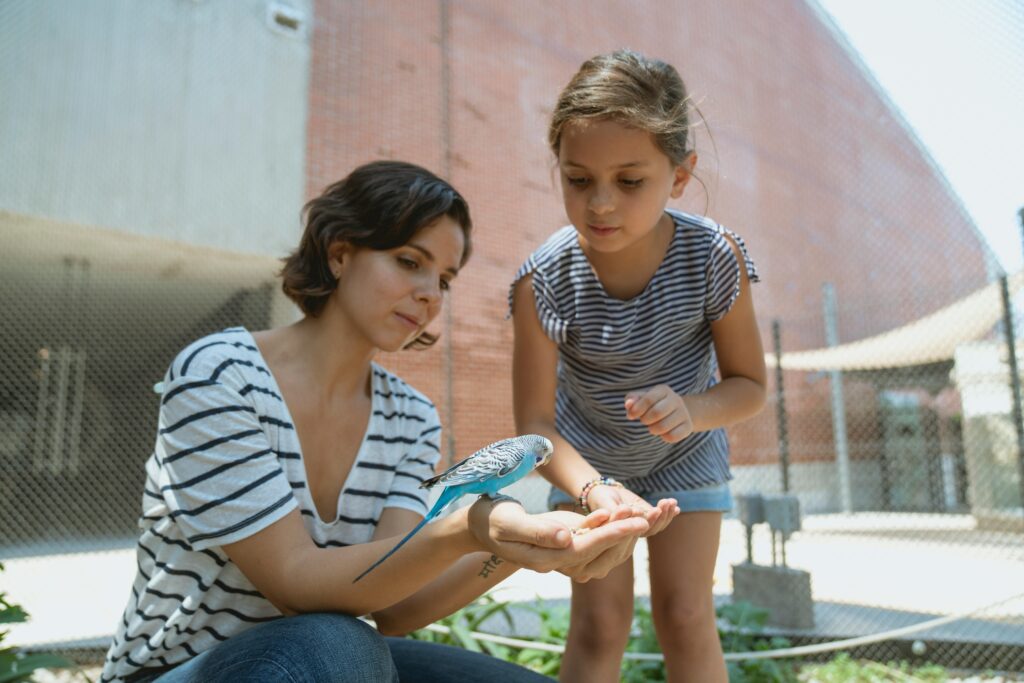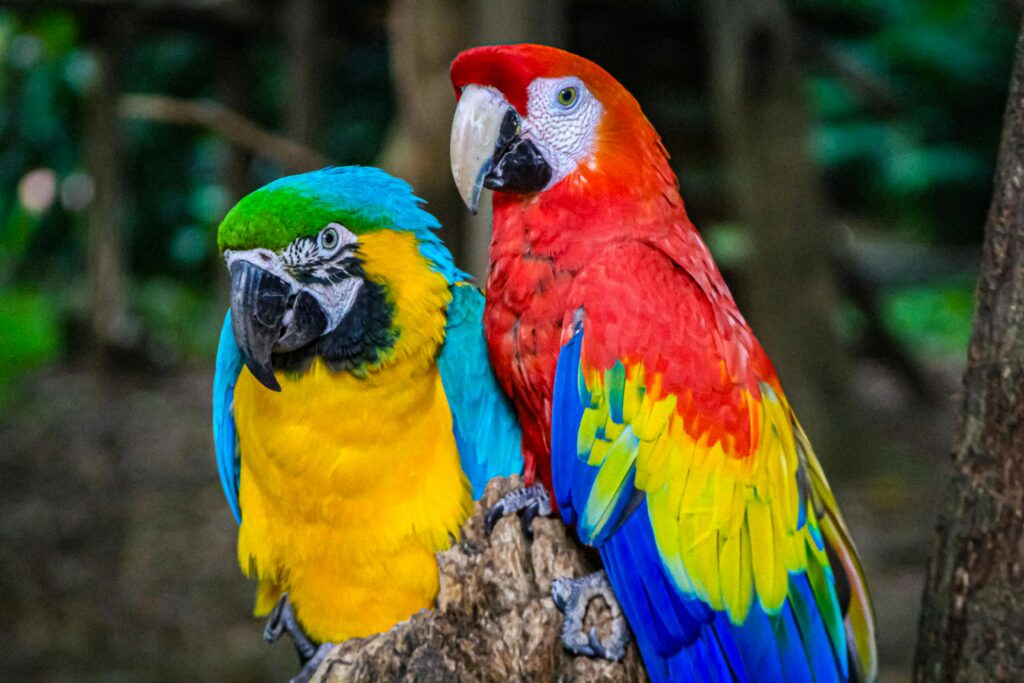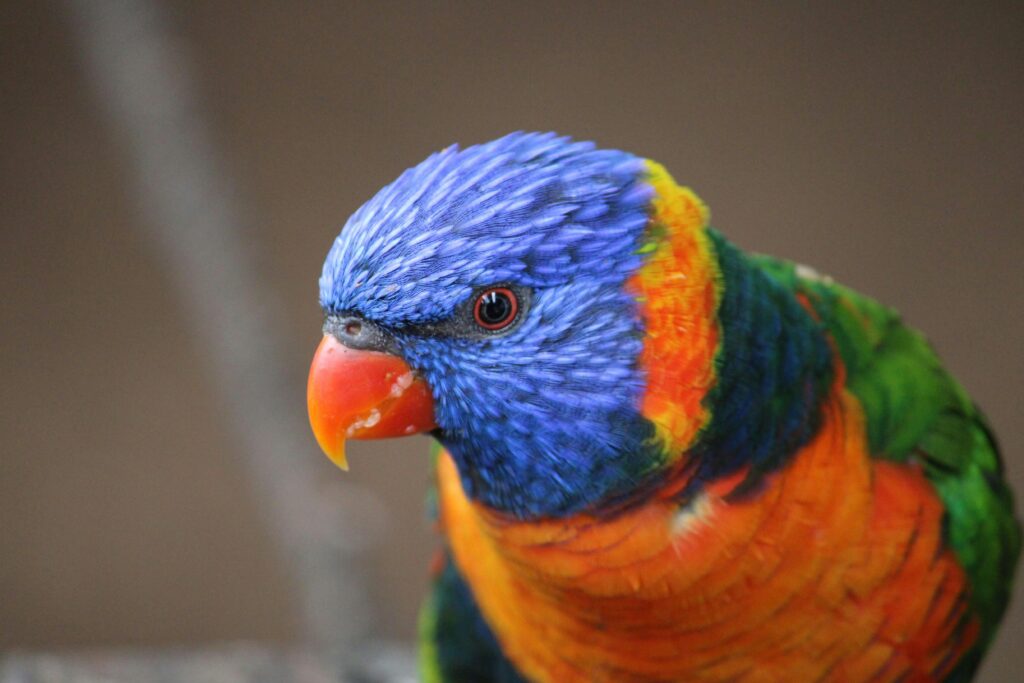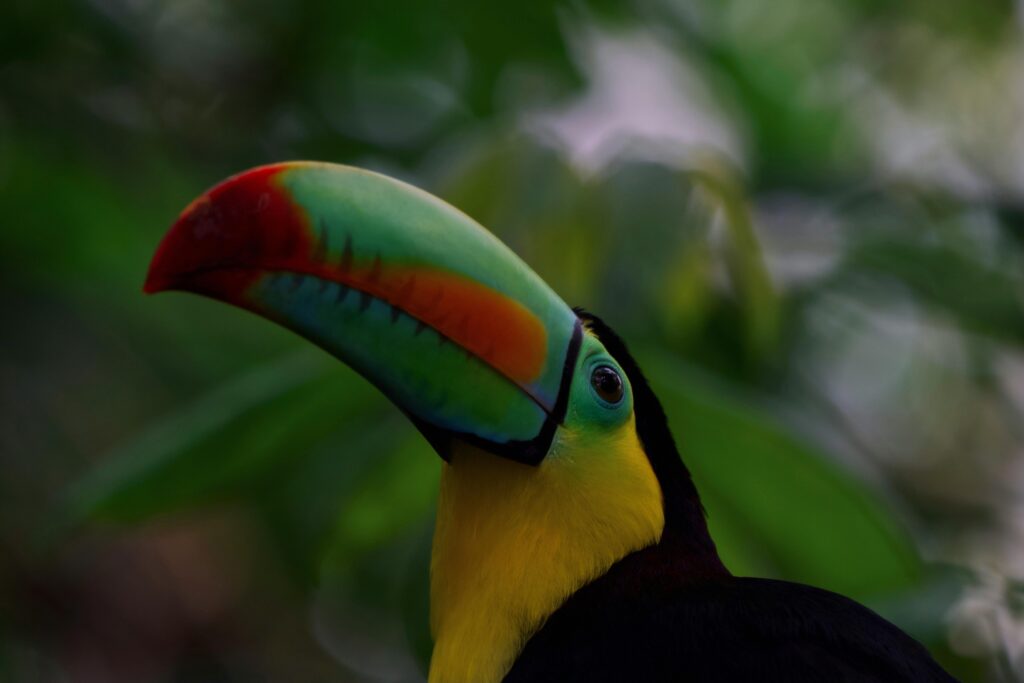On a certain Sunday morning, Maya and I notice that our budgie Kiwi is starting to look worn out. His feathers are dull, he does not have much energy, and there is a sneaky bald spot on his chest. We did not rush to the vet, so we spent the next month changing his food and giving him supplements that are just right for him. Kiwi is preening like a model by the end of the experiment and whistling so loudly that it wakes us up. We learned from the change that feeding birds well is not so much about making magic drinks as it is about knowing which vitamins and minerals are good for their feathers, bones, and brains. Here is the whole article on this discussion, we wished we had on the first day.
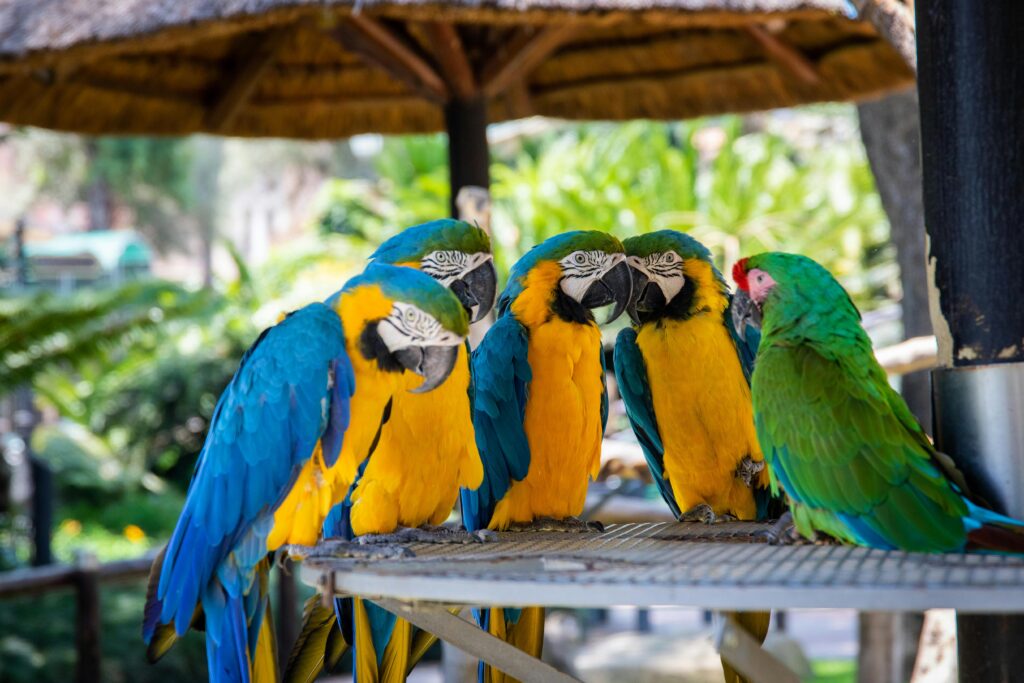
Why do birds even need medicine?
It is Not Enough to Eat Seeds
Many people still feed their birds colored seed mixes high in fat and low in calcium, vitamin A, and iodine. It takes a while for this imbalance to cause hair plucking, broken bones, and a weak immune system. A study from 2025 found that bad nutrition, not germs, is the cause of 80% of bird illnesses.
It is not perfect, but pellets are better
The macro ratios are fixed in pelleted meals like Harrison and Zupreem, but even pellets can lose their effectiveness when stored. Vitamins C and B-complex are broken down by light, heat, and air, so taking a small supplement daily is like protection.
Stress and molting take away nutrients
When birds molt, move, live in noisy places, or get new cagemates, their metabolic needs increase. Getting extra vitamins during these times helps feathers grow back faster and keeps mood swings in check.
What every bird needs to stay healthy
Vitamin A is good for the eyes and skin
Vitamin A makes skin soft, feathers shiny, and eyes bright. Birds that only eat seeds often have flaky, dry skin and cannot see well at night. Carrots and sweet potatoes, which are dark orange, are good for you, but a powdered supplement put on pellets makes sure you always get enough.
Vitamin D3 helps the body absorb calcium
Vitamin D3 is important for calcium absorption because indoor birds do not get much direct sunlight. Eggshells get thin and bones bend without it. It can be fixed by adding Solute D drops to water or a cuttle bone that has D3 added to it.
B-Complex to Boost Energy and Feel Good
You can think of B vitamins as spark plugs for your metabolism. Biotin (B7) helps feathers grow, and thiamine (B1) calms scared birds. A liquid B-complex added to the water twice a week keeps the energy level high without the risk of overdosing.
Vitamin E for Building Muscle and Reproduction
Vitamin E helps breeding pairs stay fertile and protects cell membranes. Taking wheat germ oil or a small pinch of powdered E vitamin works well twice a week.
Minerals and extras that you need
Bones need calcium and magnesium to be strong
Eggshells and bones are made of calcium, and magnesium helps muscles rest. When put on soft foods, oyster shell powder or a calcium magnesium D3 mix keeps bones from breaking and eggs from sticking together.
Iodine for a Healthy Thyroid
It is well known that seed meals are low in iodine, which can slow the metabolism and cause feather loss. The problem can be fixed with a small amount of iodised salt or a store bought iodine block.
Probiotics to Keep Your Gut Healthy
Healthy gut bacteria help the body absorb nutrients and stop diarrhea. Once a week, probiotic powders for birds are mixed with fresh fruit to keep digestion running smoothly.
Omega-3 to Make Feathers Shine
Adding flaxseed oil or a drop of salmon oil to millet spray makes it shine and calms inflammation, which is especially helpful during big molts.
Vitamins Every Day vs. Once a Week
Powder for Everyday Needs
One scoop of Daily Essentials 3 gives you 13 vitamins and nine minerals. It is put on top of peanuts every morning. Birds quickly eat it because it does not taste good.
Boosters every week
To prevent overload, use a calcium-D3 mix and a probiotic no more than once or twice a week. Change the flavours so the bird does not get tired of one.
Options That Dissolve in Water
Adding Soluvite D to the water is helpful for flocks, but the water must be changed daily to stop germs from growing.
Small Changes for Each Species
Peafowl and Cockatiels
Big birds need more sound, but small birds need the same range. Break up a half teaspoon of Daily Essentials and sprinkle it on top of that.
The African Greys and the Amazons
Grey cats often do not get enough calcium. Please give them a different dish of crushed oyster shell and calcium D3 powder once a week.
Many macaws and cockatoos
A daily nut with a drop of flax oil for extra omega-3 and a probiotic once a week is fine for bigger birds.
Fresh food as an extra
Greens with leaves
Dandelion leaves, collard greens, and kale naturally have vitamin A and calcium. Wash well and offer every day.
Safe fruits
Apples, mangoes, and papayas are good vitamin C and water sources. Take out the seeds and eat only small amounts to avoid getting too much sugar.
Low Carb Treats
Extra amino acids can be found in cooked egg or a small amount of rice once a week.
Not to take or very little of these supplements
Grit for Birds
Grit is not good for parrots because it can get in the way of their food. Finches and canaries may use a pinch once every few months, but they will not get enough vitamins if they do it too often.
Multivitamins for people
Many tablets for humans have xylitol or iron levels that are bad for birds. Stick to goods made just for birds.
Risks of Overdose
Too much vitamin A hurts the liver, and too much vitamin D3 makes soft organs hard. Do not change the doses on the bottle at all.
List of things to buy for a new bird owner
Essentials for the Starter Pack
Powder for Daily Needs 3
Bone marrow with D3 probiotic powder
Mix of calcium, magnesium, and D3
A small spoon for measuring
Where to Get It
Online stores like All Bird Products and Bird Supplies.com ship new batches with clear dates that say when they go bad. Harrison peanuts and cuttle bones are often sold in pet stores nearby.
DIY tips that will not break the bank
Calcium at home
Crush clean eggshells dry, add a pinch of iodized salt, and sprinkle on soft foods.
Drops of flax oil
Add omega-3s to a millet spray with one drop of human-grade flax oil once a week. It does not cost anything extra.
A weekly plan that works
Monday: Fresh veggies and daily needs
Wednesday: fruit snack with probiotic
Calcium-D3 powder on pellets on Friday
For energy on Sunday, eat an almond or a cooked egg.
How to Tell If Your Bird Needs More
Taking feathers out
Feathers that are thin or broken are often a sign of insufficient protein or vitamin A.
Weakness
Low energy can mean you do not have enough iodine or B vitamins.
Soft eggshells
When female birds lay eggs with thin shells, they immediately need extra calcium and D3.
Conclusion
It is not hard to feed birds well, but you have to do it every time. Avoid meals that only include seeds and eat a variety of fresh foods. Your bird friend will give you brighter feathers, stronger bones, and a song that fills the room as a prize. Maya and I learned that the hard way with Kiwi. His whistle is now the best alarm clock we have ever had.
